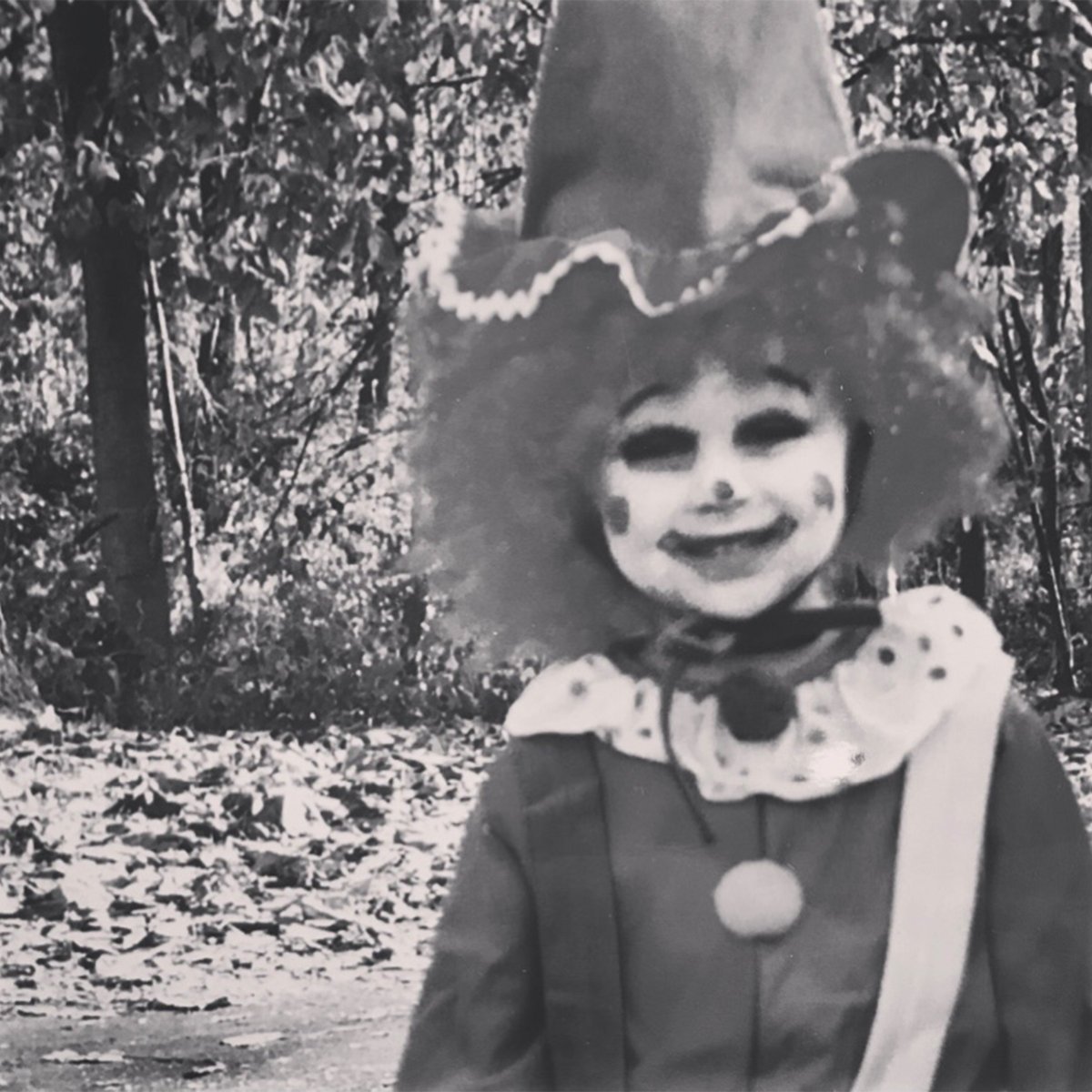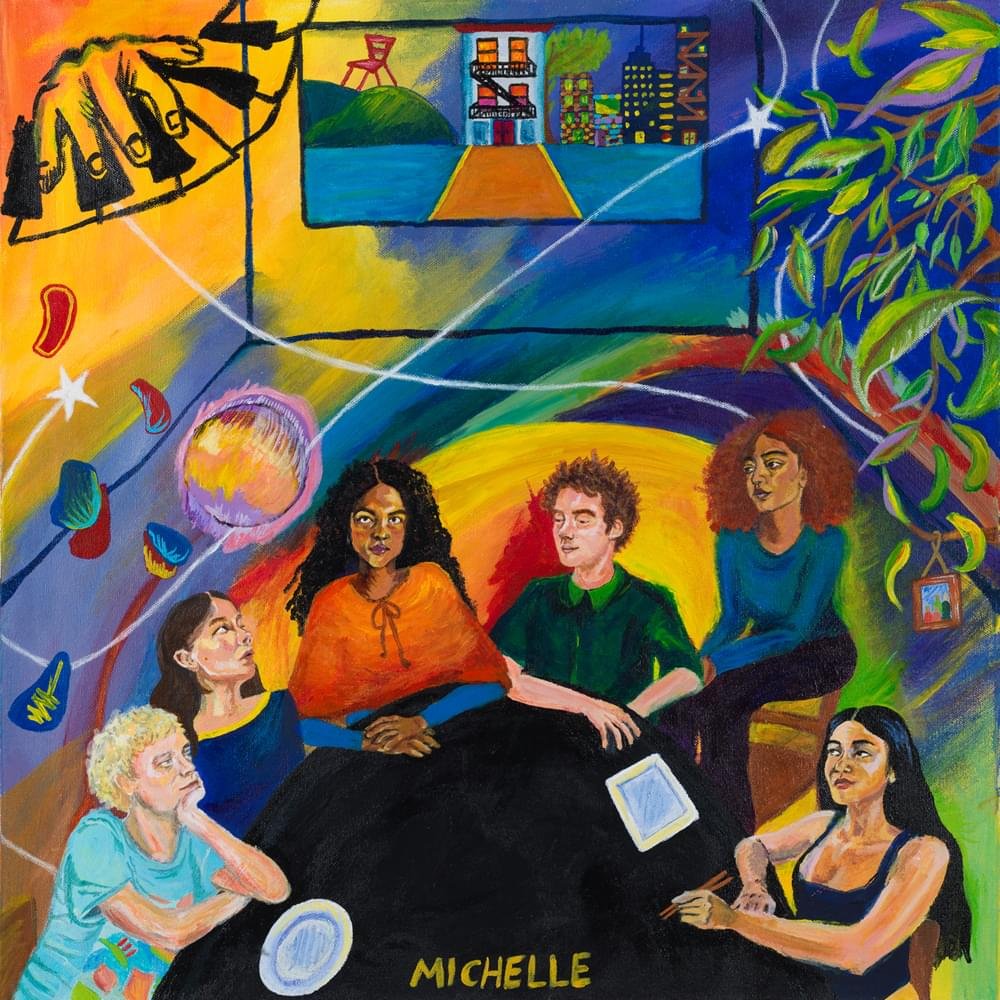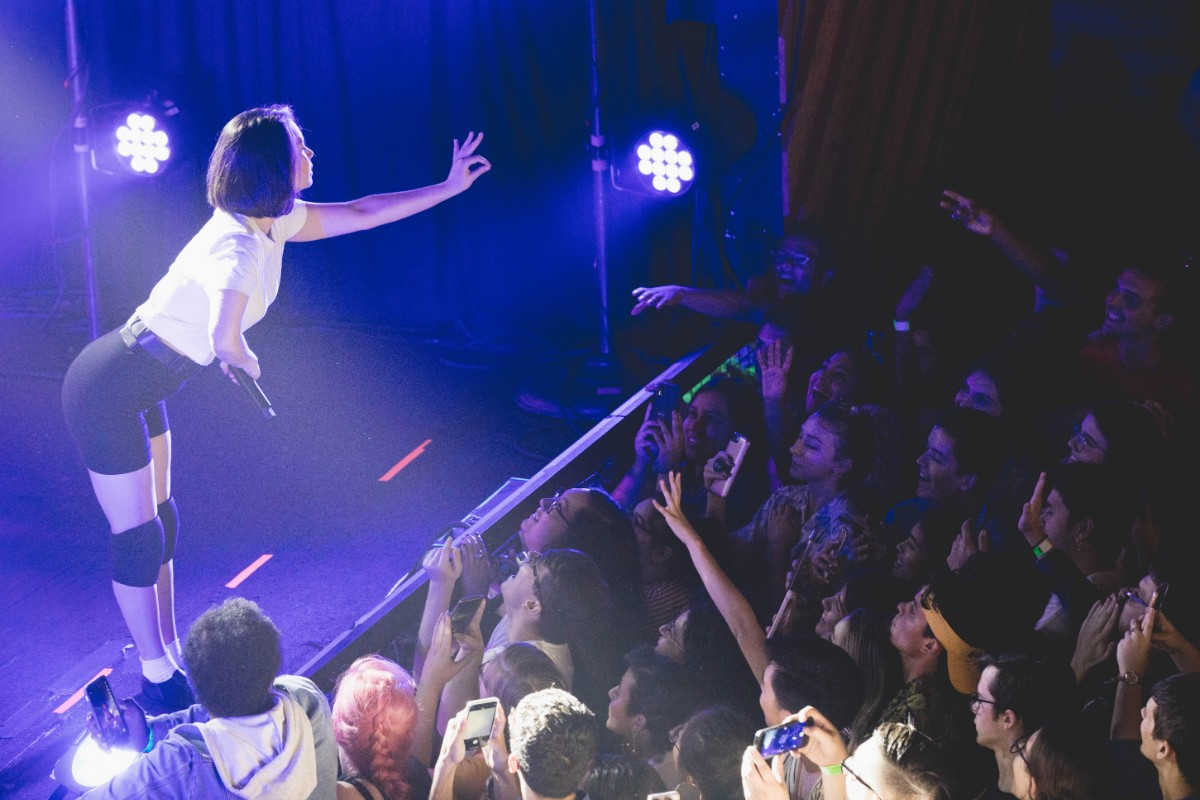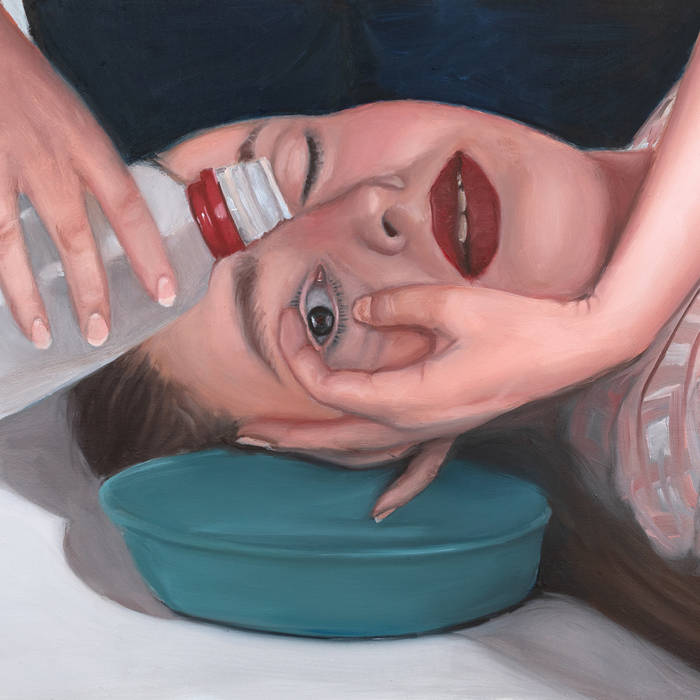Indie-Pop singer/songwriter Mitski recently embarked on a North American and European tour to promote her sixth studio album Laurel Hell. This is her first tour and album since 2019’s Be The Cowboy, which concluded with Mitski taking some much-deserved time away from the spotlight. Upon release, Laurel Hell received acclaim from music critics, and has done well commercially, charting #1 in both the US Top Alternative Albums and US Top Rock Albums. However, despite the critical praise and commercial success, Laurel Hell has been divisive among fans, which is not uncommon when an artist returns from a hiatus period. The consistent criticisms range from Mitski’s vocal performance sounding “bored” to her songwriting being “trite.” The album also borrows much of its sound from 80s pop hits, which sometimes limits Mitski from committing to the signature dauntlessness that has defined her music up to this point. What sets Mitski apart from her contemporaries in the indie genre is her urgency and ability to channel raw emotions into spellbinding performances. However, the production on this new album makes her delivery feel impersonal and frustrating.
Beyond the critical scores and fan debates about the composition of the album – there has been quite a bit of discourse surrounding Mitski herself and the way certain fans consume her music. It started with a Twitter thread from Mitski in which she asked that fans refrain from taking videos of the entire set or songs. She said she felt as if she was being “consumed as content” instead of sharing an honest moment with fans. This idea is not a new one – the majority of concerts I’ve been to have a “no phone” policy, in which there are signs in place and aggressive ushers who are more than happy to escort you off the premises if you so much as check the time. The split reaction within the fanbase to this request caused the first in a series of moralistic debates. You were either on Mitski’s side, or you weren’t. The tweets were deleted following an intense weekend of discourse and fan in-fighting.
Mitski’s choice to communicate this sentiment over her management-run Twitter account is unconventional, given that her social presence online is nonexistent. Despite her genuine intention to relay her wishes delicately, it makes sense that the clinical nature of the tweet thread went over the heads of her audience, who have been born and raised in internet culture. Weeks prior, the disconnect between Mitski and her fandom was apparent when she was traveling the press circuit to promote Laurel Hell. In Cracked Magazine’s “Mitski Reacts to Posts About Mitski” video, Mitski reveals how she lives in “blissful ignorance” of what’s happening online while reacting stiffly to Stan Twitter memes about her music. Halfway through the video, she reads a tweet that says: “New Mitski it’s a big day for sad bitches.” Mitski taps her hands on the armrests of her chair and says, “Y’know, the sad girl thing was reductive and tired five years ago, and it still is today.” She pauses to say she appreciates the person who made the tweet, but then follows up by saying: “Let’s retire the sad girl schtick. It’s over.” Retired from Sad, New Career in Business, indeed.
While this detachment style may allow Mitski to live in 'blissful ignorance,' it doesn't allow for many fans to receive her words with the earnestness she hopes. Mitski appeals to a very online generation, and with the rise of applications like TikTok, where hyper-categorization for oneself is how you appeal to its algorithm (i.e., get views), it is only natural that fans will view her music as a piece of their identity. Mitski asks not to be “consumed” by her fans, but perhaps she needs to come to terms with her life as an entertainer. Mitski’s real name isn’t even Mitski – it’s a stage name, a persona that she embodies as a performer, making entertainment to be consumed. The very nature of a concert relies on the performer to gain monopolized, undivided attention from onlookers. I mean, why else would you be on a stage, a literal platform that elevates you above an audience?
It’s innate human behavior to connect with art on a level of self-introspection. A defining element of art is that it means different things to different people; everyone consumes art through their own lens, but this isn’t a reality that a subset of fans are willing to accept. Whether they’re a devoted member of the fanbase or not, it seems that everyone is rushing to supply their takes on the situation. However, a collective sentiment has emerged of supporting the artist no matter the circumstance, even if that means turning on others in the fanbase. As if Mitski will personally thank those who protect her image and adhere to her social demands.
While Mitski wants people not to consume her and reduce her music down to catchphrases, a portion of her fanbase has equated that to other fans disregarding the racial context of her music. This argument is strange to me because the overwhelming majority of Mitski’s music is about, well, love. Falling in love, falling out of love, being in love too much, not being in love enough – you get the idea. The only song explicitly detailing Mitski’s struggles with identity as a person of color is her song “Your Best American Girl.” Perhaps an argument can be made that “Strawberry Blond” is about Mitski’s personal anguish that she is not white enough for the man of her dreams – but then again, Mitski has never publicly said that’s what the song is about. It is not clear how her racial identity or upbringing features in her music. She very well could be singing about alienation, perhaps as a woman, or just as a generalization. Mitski does very little to bring politics, background, and identity as an interwoven factor within her music. This isn’t a criticism – I just find it necessary to address when fans are other-ing each other and gatekeeping, as if only viewing Mitski’s music in relation to her being a person of color isn’t a reduction and exclusion in its own right.
Whether it’s the desire to control how she is perceived as “sad girl” music or resistance to being recorded while performing, Mitski’s differing attitudes in communicating with her audience showcase her inability to commit to a public persona. Mitski will dish out contempt for her audience regarding how they categorize its lyrical and sonic content, but will approach delivering requests concerning concert etiquette like a kid trying to convince their parents to buy them a dog. In the past, Mitski has demonstrated her fearlessness and conviction. Her obsessive love ballads on Puberty 2 make me think of Nina Simone – this is the artistic height that Mitski is capable of reaching. In my opinion, Be The Cowboy was a step down from her two previous albums, and it’s disheartening to see this trend continue on Laurel Hell. This decline all happening while Mitski publicly conflates her inability to grasp her new life as a performer and entertainer, ultimately failing to define a boundary of what her fans are to her.
When discussing her song “Nobody” in a Genius Lyric Breakdown video, Mitski explains how the chorus came to her in a real state of anguish, but she thought: “Let me use this pain and exploit it for money.” This, of course, can be perceived with light-heartedness, but it’s difficult not to take it at face value, considering Mitski is currently at the height of her popularity, and her name is equated with producing music to consume when you are in some state of distress.
Perhaps she is personally tired of the “sad girl schtick,” but Mitski has to decide whether to embrace the description she trademarked or rebel and create a new identity for her music and voice to exist in. You can’t please everyone. If she truly wants fans to abandon labeling themselves in accordance with the themes of her past work, then why would she continue to write songs that have a similar pay-off? What is the difference between “Love Me More” (I need you to love me more / Love me more / Love enough to fill me up) and “Lonesome Love” (Why am I lonely for a lonesome love?) – Mitski is still indulging in the same self-aggrandizing individualism that was evident in her previous records, so why should the content be treated differently than before?
As an artist, you have to recognize that a great deal of effort is involved in rebranding and creating new material that allows your career and the subsequent music you make to possess a longer lifespan. Meaning, Mitski will have to rise to new heights and challenge her fans' perceptions of her through the design and function of her music. If you give your fans work that feels familiar, then they already have a conditioned response. By supplying your audience fresh and innovative ideas, you are by default requesting that they open their minds to imaginative possibilities; sometimes, you have to just let your music speak for you.









